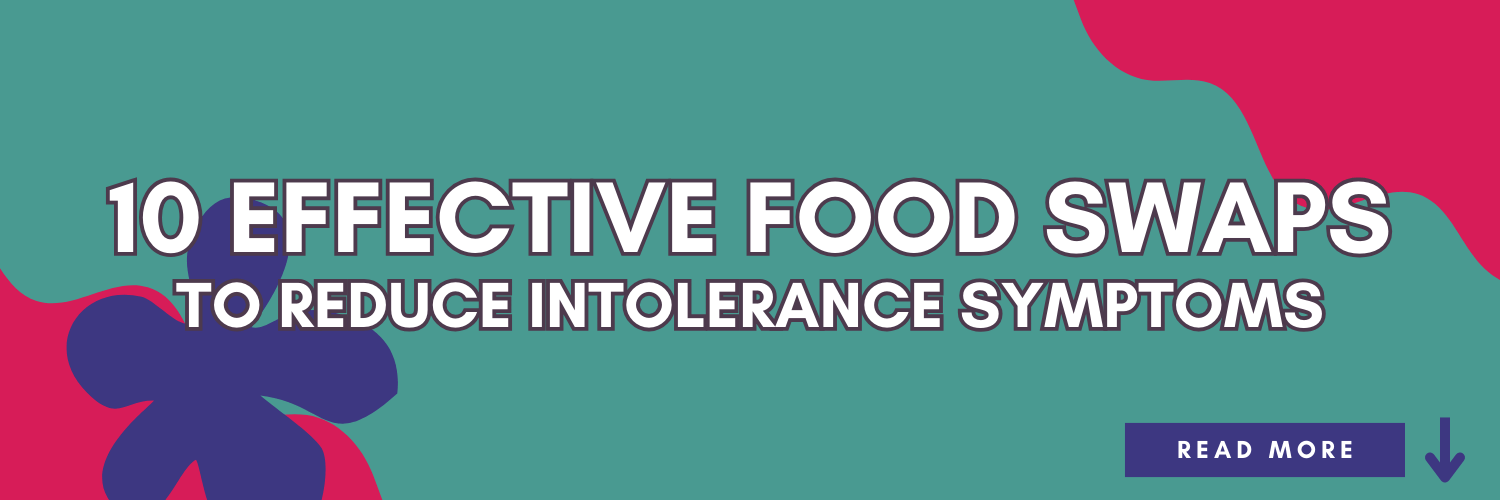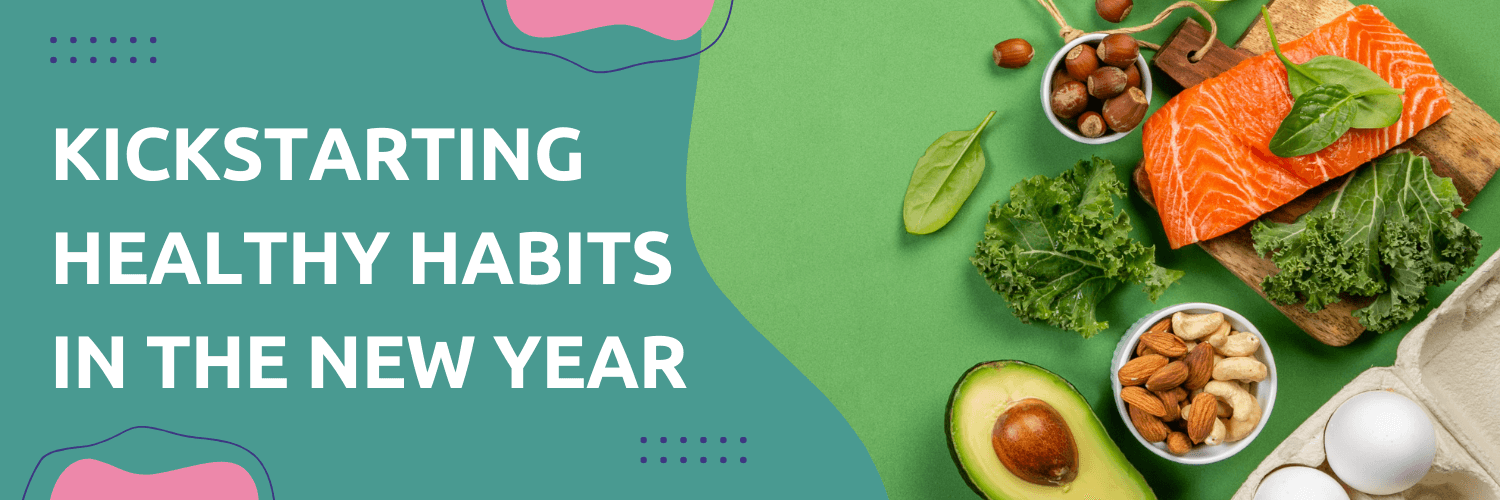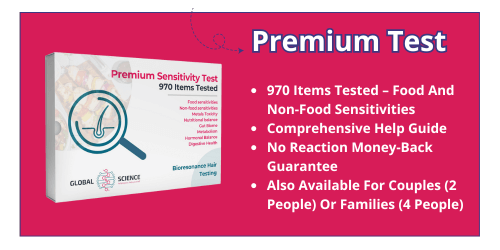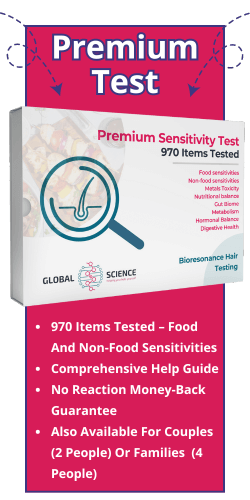
Caffeine sensitivity varies from one individual to the other based on severity. While some people can consume coffee and fall asleep five minutes later, others can’t sleep even hours after that cup. Caffeine is naturally produced by plants like cocoa beans, kola nuts, coffee beans, tea leaves, and other substances. Without considering these natural caffeine plants, you should know that most beverages, especially energy drinks, contain lots of caffeine. Caffeine is naturally a stimulant that impacts the central nervous system whether you’re sensitive to it or not. That’s why you’ll find people taking a triple-shot espresso or energy drinks at four pm to boost their energy levels at work.
It is common to find caffeine in certain foods that may surprise you, such as certain flavours of ice cream and pudding, decaf coffee and tea, breakfast cereals, and hot chocolate, even in small amounts. If you ever wondered, “what gives caffeine such superpowers?” Well, it’s because it energises the body by mimicking a compound called adenosine, which makes you feel awake and alert {2}. This process strengthens dopamine (the feel-good hormone) which triggers adrenaline production, giving you an energy jolt. That’s why you’ll see people pushing their way to Starbucks every morning for their coffee fixes before getting to work. The number of people relying on caffeine for energy boosts keeps increasing yearly.
Caffeine lasts 5.7 hours in your body after consumption, and that’s how long you should expect it to help you stay alert. But to feel the first effects of coffee, you will probably notice them twenty minutes after consumption. Consuming caffeine feels pleasurable because it is made up of tiny molecules that easily penetrate the digestive tract membrane and make their way into your bloodstream upon the first sip. That’s why most people feel a buzz shortly after consuming caffeinated drinks or foods, while others who are more sensitive become slightly shaky.
There are different sensitivity levels you should know about when it comes to caffeine sensitivity.
- Normal sensitivity: Most people are in this category, where they don’t get any significant side effects upon consuming caffeine. Most people in this category can take up to 400 milligrams of caffeine daily without any significant side effects.
- Hyposensitivity: This category involves people with a high caffeine tolerance, meaning they can take large amounts of caffeine late in the evening and still avoid side effects such as insomnia. A 2011 study shows that about 10 % of the population has a gene linked to higher caffeine intake {1}.
- Hypersensitivity: People suffering from hypersensitivity can’t have small amounts of coffee without experiencing adverse side effects. Even though it may seem like an allergy to caffeine, it isn’t. Caffeine hypersensitivity can be caused by your liver’s ability to metabolise caffeine or genetics. The most common symptoms of caffeine hypersensitivity include headache, insomnia, increased heart rate, and restlessness.
What Is Caffeine Sensitivity?
Moderate or normal caffeine sensitivity is always characterised by feeling alert, more awake, and energetic. Caffeine sensitivity is often referred to as how strongly a person is impacted by consuming caffeine. For example, even though having one cup of coffee in the morning is okay for one person, it can be too much for another, while a different person may need at least three to four cups of coffee to feel ‘awake’. There is no specific way to define caffeine sensitivity or measure it if not for the three categories above.
Difference Between Caffeine Sensitivity, Allergy, and Tolerance
Although the terms sensitivity and allergy are used interchangeably, they mean different things.
-
Caffeine sensitivity
Sensitivity refers to how the body processes caffeine depending on your genes. Caffeine sensitivity is also determined by how much caffeine your life can process. Caffeine sensitivity can also be determined by the quantity of caffeine you consume.
-
Caffeine allergy
This condition is more severe than the rest since it affects the body’s immune system. Suppose you’re allergic to caffeine upon consumption. In that case, the body will recognize the proteins in caffeine as “harmful,” thus releasing certain components that could result in specific side effects in the body that we term “allergy symptoms.” Caffeine allergy, unlike sensitivity, can result in a severe condition known as anaphylaxis which can be life-threatening and needs immediate medical attention.
-
Caffeine intolerance
When it comes to caffeine, your body’s tolerance can decrease with time, unlike other foods. For example, one can develop tolerance to caffeine when they don’t get the desired effects after consuming the usual amount of caffeine.
Symptoms of caffeine sensitivity
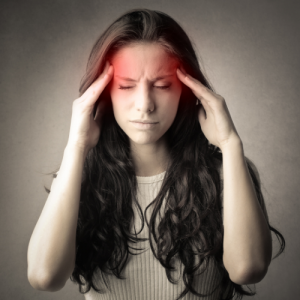
An image of a women holding her head.
If you have caffeine sensitivity, you will notice an adrenaline rush as if you’ve had five shots of espresso even though, in reality, you’ve just had a few sips of coffee. Most people with caffeine sensitivity also metabolise it slowly, meaning they will experience these side effects for long periods.
- Racing heartbeat
- Headache
- Insomnia
- Restlessness
- Jitters
- Nervousness or anxiousness
- ‘Jitters’ or ‘shakes.’
- Irritability
- Bathroom urgency
The severity of the caffeine intolerance symptoms can vary from one person to the other, depending on the level of sensitivity and amount of caffeine consumed. The more one consumes, the more severe the symptoms.
Common causes of caffeine sensitivity
There are many reasons why you have a caffeine sensitivity. These include:
Liver metabolism
Genetics has a significant role in determining how the liver metabolises caffeine. The liver has an enzyme or protein called CYP1A2, which is responsible for breaking down caffeine molecules. Those with high sensitivity to caffeine tend to produce less of this enzyme. People with caffeine sensitivity take a lot of time to metabolise caffeine which means that it stays for too long in their systems which is more impactful and intense.
Genetics and brain chemistry
Your brain contains about 100 billion neuron cells, and their role is to transmit instructions within the brain and nervous system. To do this, they need the help of neurotransmitters such as adenosine and adrenaline. The more there is activity in your brain, the more adenosine it produces. The more your adenosine levels build up, the more you become exhausted. Upon consumption of caffeine, it binds with them, blocking our ability to signal when we become tired. So, when you have caffeine sensitivity, this impact is magnified because you have a varied ADORA2A gene. When you have this gene’s variation, you’ll feel caffeine strongly and for longer.
Medication
Certain supplements or drugs can interact with caffeine making you more sensitive and the symptoms more intense. An example of such medications includes theophylline and echinacea. Theophylline is used in asthma patients, while echinacea helps treat asthma and flu. If you have caffeine sensitivity, you need to consult with your doctor and pharmacist so you don’t get drugs that could worsen this condition.
Contraception
When you’re a woman taking birth control pills, you’ll find that caffeine competes for the same enzymes in the liver that process oestrogen. Oral contraceptives introduce synthetic hormones into the body, causing it to process caffeine at about one-third the speed it usually metabolises.
Caffeine sensitivity anxiety
If you already have high stress and anxiety levels, taking caffeine isn’t a good plan because it can promote sleep loss, panic attacks, and worsened anxiety. It isn’t a good idea to consume caffeine when you already suffer from caffeine sensitivity.
Risk factors of caffeine sensitivity
Caffeine sensitivity varies from one person to the other, but certain factors can make one more susceptible to caffeine sensitivity. These include:
- Older age
- Female sex
- Certain chronic health conditions
- Smoking
- Oral contraceptive (birth control) use
There are groups of people that need to avoid caffeine altogether because of the immense effects it can have on their health. These include:
Pregnant women
During pregnancy, caffeine travels down the placenta into the developing foetus and cannot get rid of it. Hence, the foetus relies on the mother’s kidneys to clear caffeine. However, pregnancy can make it difficult for the kidneys to clear caffeine. Pregnant women should stay away from caffeine because of this reason. Also, caffeine can affect the developing foetus by constricting blood vessels supplying the placenta and increasing foetal heartbeat. This can impact the oxygen supply to the growing foetus.
How much caffeine can you have when pregnant?
Around 200 milligrams of coffee is okay for a pregnant woman. Still, ideally, one should keep it below 300 mg.
Children and adolescents
Children must stay away from caffeine drinks. Caffeine impacts their cardiovascular and neurological systems development. Children can also quickly develop a dependence on caffeine. Young children won’t know the correct dosage for caffeine and tend to overdrink it, which is why it’s suggested if you’re a parent to monitor consumption.
Caffeine sensitivity with age
Caffeine often controls insomnia-related variables that occur with age. Older people are more sensitive to the insomnia effects of caffeine. As you age, it shifts the balance of adenosine receptors in different brain regions. This ends up impacting sleep and the consequences of caffeine.
Caffeine sensitivity test

Our Premium Sensitivity Test.
If you suspect you may have caffeine sensitivity, you must become an avid label reader. Caffeine is a common ingredient in even the most unsuspecting foods and medications. You will also need to have a talk with your doctor to see whether there could be any underlying diseases triggering the symptoms of caffeine sensitivity. If there are none, then you can take a caffeine Sensitivity Test to help you determine whether you’re truly sensitive to caffeine or other foods in your diet. However, suppose you think that you may be suffering from a caffeine allergy. In that case, you can order a caffeine Allergy Test. The test will help you have a clear indication of what’s causing you uncomfortable symptoms and if there are other foods, you’ll need to stay away from.
Final thoughts on caffeine sensitivity
If you realise that you may have caffeine sensitivity, your first way of determining this should be to take a Sensitivity Test to check whether you’re truly sensitive to caffeine or if other similar foods are causing the symptoms. The only solution for caffeine sensitivity is cutting out caffeine from your diet. If you’re afraid of withdrawals, you could start by slowly reducing the quantity of caffeine you consume, and soon you’ll be free from caffeine.
References
- Sulem, P., Gudbjartsson, D. F., Geller, F., Prokopenko, I., Feenstra, B., Aben, K. K., … & Stefansson, K. (2011). Sequence variants at CYP1A1–CYP1A2 and AHR associate with coffee consumption. Human molecular genetics, 20(10), 2071-2077.
- Nehlig, A., Daval, J. L., & Debry, G. (1992). Caffeine and the central nervous system: mechanisms of action, biochemical, metabolic and psychostimulant effects. Brain research. Brain research reviews, 17(2), 139–170. https://doi.org/10.1016/0165-0173(92)90012-b

